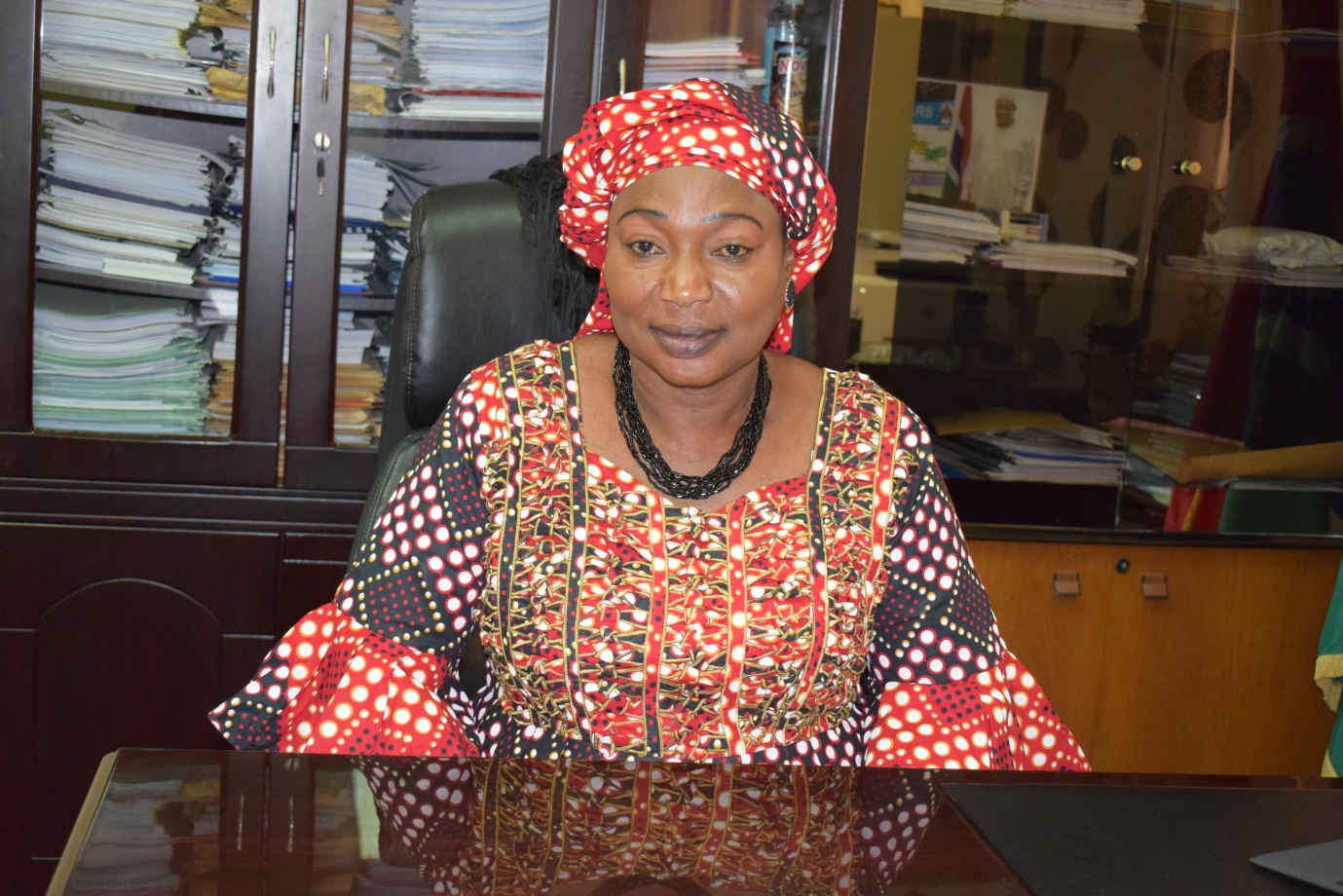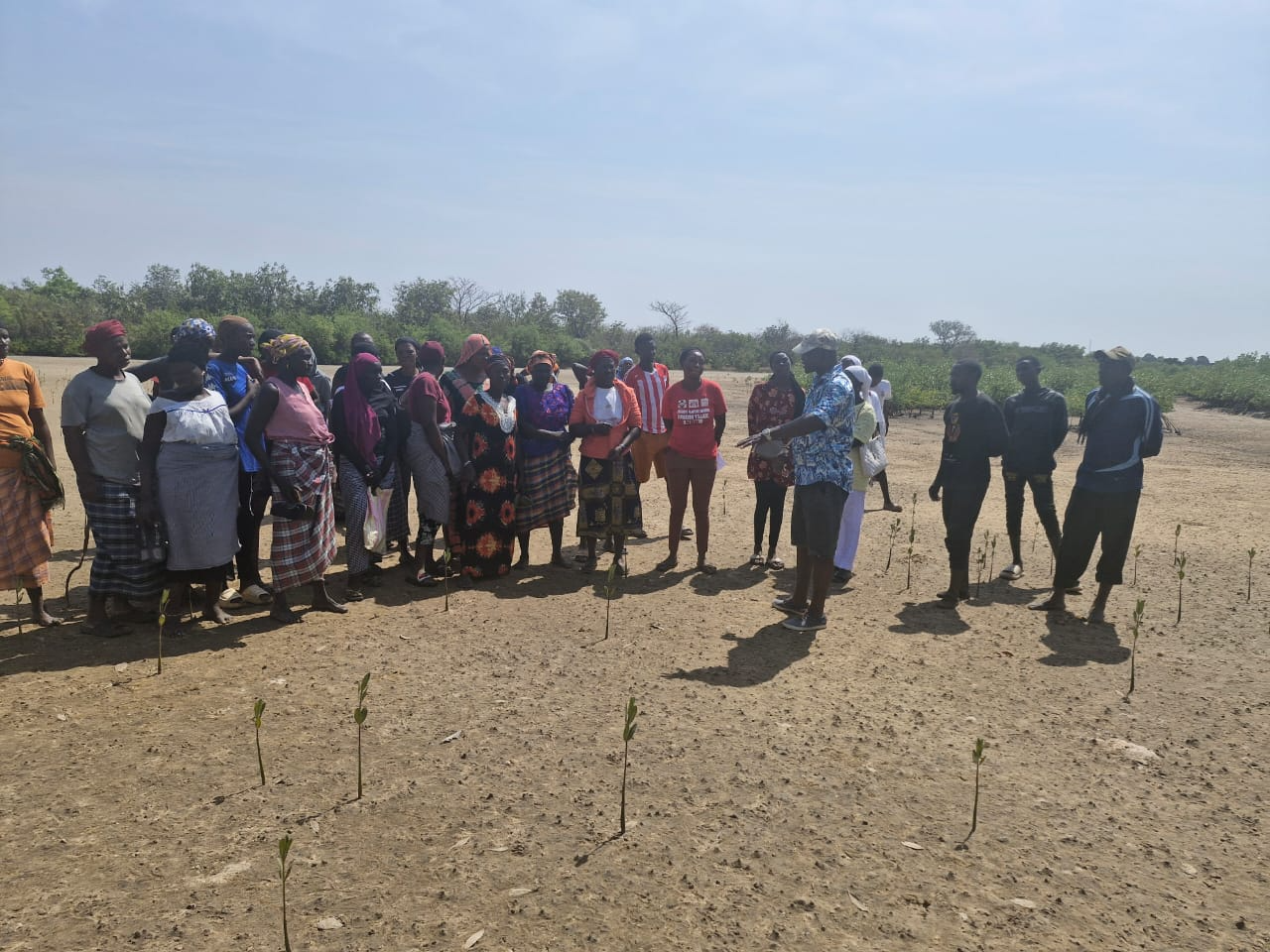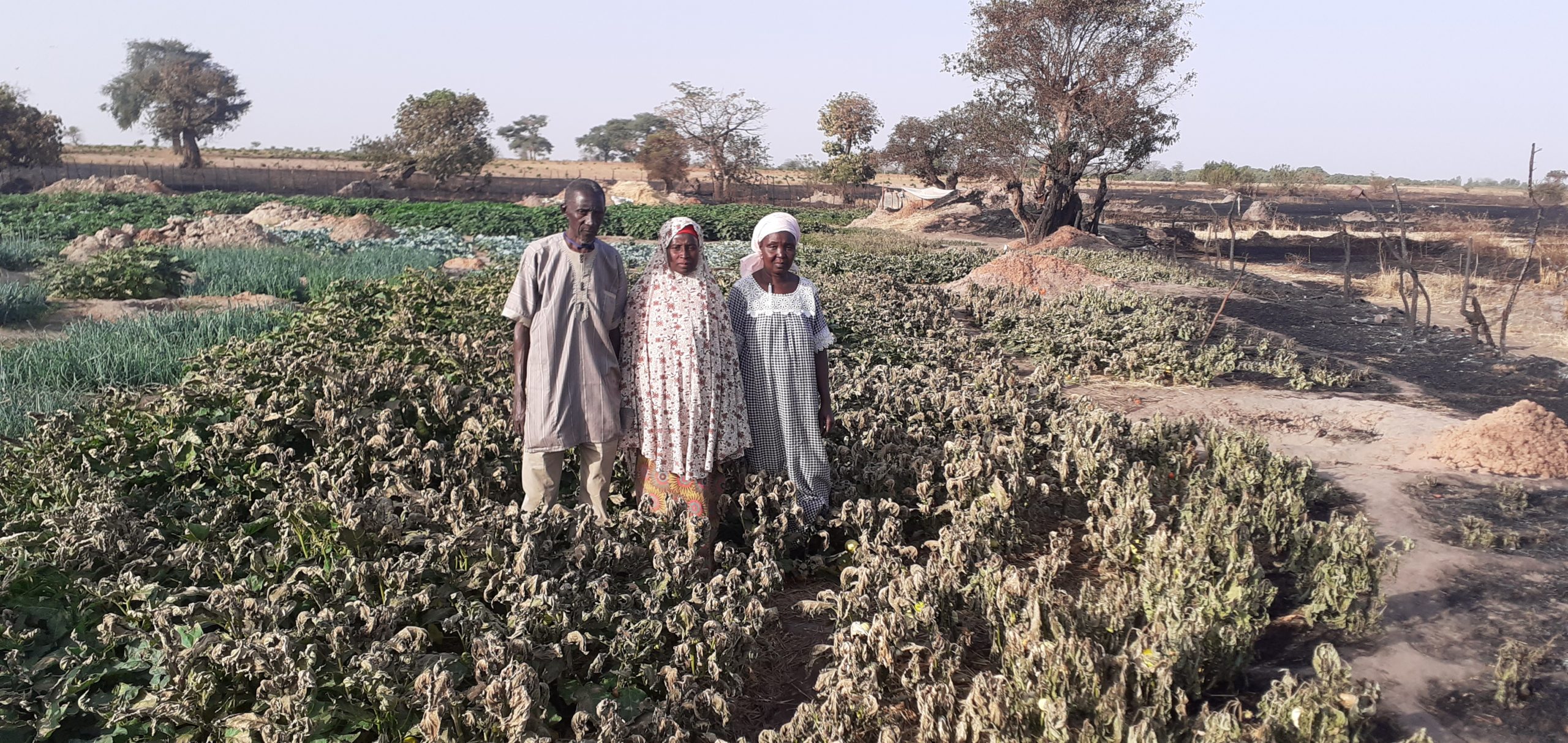By: Binta Jaiteh
The Department of Livestock Services (DLS) under the Ministry of Agriculture has given an update to the National Assembly Select Committee on Agriculture on the status of the Animal Health Act’s implementation.
Appearing before the committee, Dr. Ousman Ceesay, deputy director general of Veterinary Services at DLS, said the passing of the Act has transformed veterinary operations. “It creates an environment that enables us to work better with animals and their owners,” he noted.
Dr. Ceesay said the previous law failed to address many animal health issues, but the new Act legitimizes the department’s work and serves as a key guideline. He added that each year, a national priority disease list is drawn and gazetted. “We work with the World Organization for Animal Health, which Gambia joined in 2005. It is an international standard-setting body on animal health,” he said.
He disclosed that while there are many animal diseases, countries select based on national priorities. “We identified 20 priority diseases in The Gambia. From that list, we selected seven that are zoonotic—diseases transmissible from animals to humans.”
Dr. Ceesay told the committee that after the Act was passed, they began the process with the Ministry of Justice to gazette the list, but the process took time due to financial limitation.
He further revealed that the department has drafted terms of reference for a legal consultant to work with an animal health expert in developing regulations on vaccination, disease control, imports and exports, animal certification, and food safety.
He said the department continues to conduct capacity-building programs and implement tools to collect animal health data. However, limited funds have affected their ability to sensitize animal farmers on disease control.
“We managed to engage security officials at border posts, including the PIU, GID, Food Safety, and Department of Parks and Wildlife, to brief them on laws regulating animal entry and exit,” he stated.
Dr. Ceesay lamented the lack of financial resources. “In 2023, we submitted a budget for implementing the Act, but there was no response. We continue to manage with limited resources,” he concluded.





